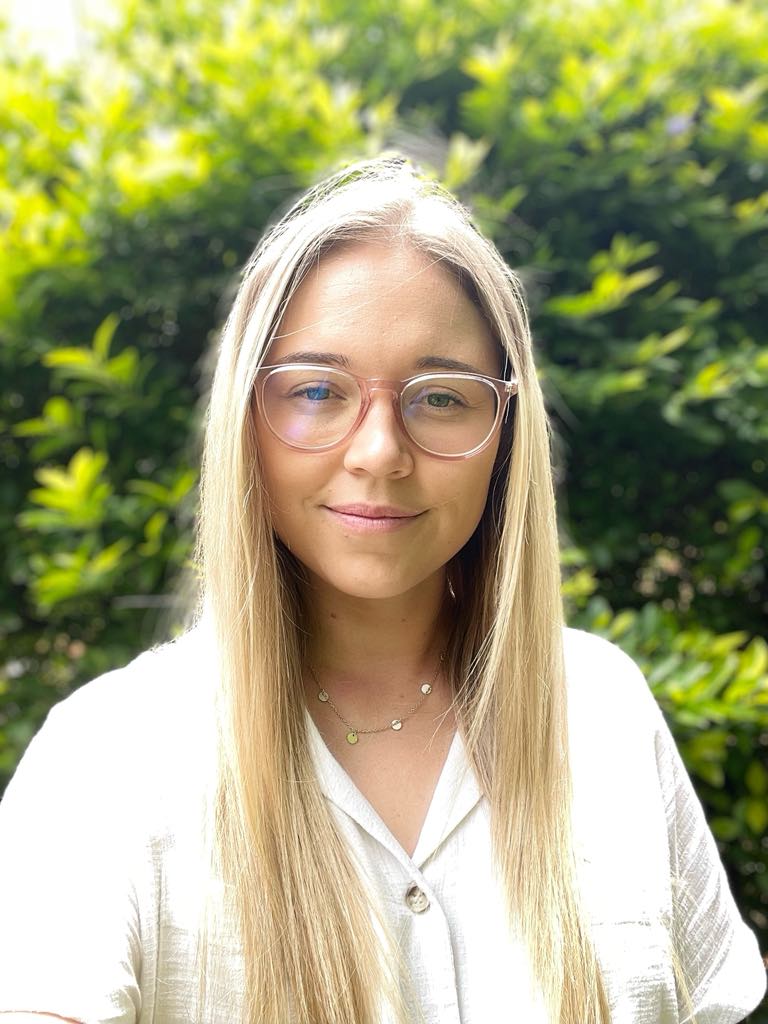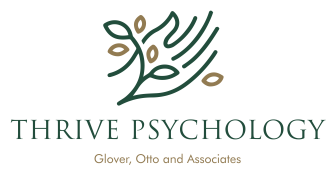
jenna fernandes
educational Psychologist
My journey into this field has been shaped by both my academic training and my practical experience, particularly during my time at a community-based NGO. There, I worked extensively with trauma, developing an in-depth understanding of how both past and present experiences impact emotional well-being. I also focused on parent-infant psychotherapy and adoption cases, which sparked my interest in how early relationships and experiences influence emotional development and identity formation.
I am especially drawn to working with individuals who feel misunderstood or struggle to find their voice. This might include a child navigating developmental challenges, a teenager exploring their identity, or an adult reflecting on past wounds. I am also passionate about supporting parents of children who experience special needs, offering a compassionate space for them to explore the challenges of caregiving and reflect on their own journey as they navigate their child’s unique needs. My interest in intergenerational trauma has further shaped my work, as I am curious about how patterns of pain and resilience are passed down through families and how we can understand and adjust those patterns to support healing.
In therapy, I primarily draw on psychodynamic psychotherapy to explore the deeper, often unconscious, factors influencing emotions, relationships and overall well-being. However, I also integrate other evidence-based approaches to ensure that our work together is tailored to your unique needs. My experience with trauma and early relational work has strengthened my belief in the importance of healing and growing through connection.
Therapy, to me, is not just about managing challenges—it’s about reconnecting with parts of yourself and building a life that feels more aligned with who you are. I am curious about how we, as individuals, grow, heal, and thrive, and I feel honoured to be part of that process with my clients.
How I Can Help You
Individual Psychotherapy
Adult and Adolescent Individual Psychotherapy
Therapy, to me, is not just about managing challenges—it’s about reconnecting with parts of yourself and building a life that feels more aligned with who you are. I am curious about how we, as individuals, grow, heal, and thrive, and I feel honoured to be part of that process with my clients.
I primarily draw on psychodynamic psychotherapy to explore the deeper, often unconscious, factors influencing emotions, relationships and overall well-being. However, I also integrate other evidence-based approaches to ensure that our work together is tailored to your unique needs while ensuring I offer a compassionate and warm space for clients to gain deeper insight into themselves and their behaviours to facilitate change.
I have supported individuals dealing with a range of difficulties, including childhood trauma, life transitions, personal struggles, relationship difficulties or life’s challenges. I work with adults to facilitate the healing process while also finding healthier ways to cope with present-day stress. My interest in intergenerational trauma has further shaped my work, as I am curious about how patterns of pain and resilience are passed down through families and how we can understand and adjust those patterns to support healing.
I am also passionate about supporting parents of children who experience special needs, offering a compassionate space for them to explore the challenges of caregiving and reflect on their own journey as they navigate their child’s unique needs.
Child-centred Individual Psychotherapy – Play Therapy
Children use play to express their inner worlds, which includes their thoughts, feelings, and experiences in a non-threatening way. Through play, we can begin to explore their inner world and help them gain insight into, understand and process their emotions and experiences. Play therapy helps process difficult experiences, encourages emotional growth, supports healthy development and allows children to develop coping mechanisms
Parent-Infant Psychotherapy
Parent-infant psychotherapy (PIP) is a therapeutic intervention where the relationship between the infant and parent is the primary focus. It draws on attachment theory, psychoanalytic models as well as child development and neuroscience. PIP seeks to improve the parent-infant relationship and therefore promote secure attachment and healthy development in the infant. During this type of therapy, we work collaboratively and gently to explore the conscious and unconscious processes that are unfolding within the relationship and how these processes may be shaping, or impacting, the parent’s and infant’s ways of relating to each other. This type of therapy can be useful for:
- Feeding, sleeping or eating difficulties
- Post-natal depression
- Parental anxiety
- Birth trauma
- Previous Losses (Bereavement)
Under-5s therapy
Under-5s therapy, drawing on attachment and developmental theories, aims to support toddlers and children under 5 years old. This type of collaborative and reflective work is focused on understanding and addressing emotional, behavioural, and developmental challenges during the earlier years of life, which are critical. Under-5s work explores the relationship between the child and their parent, as through this interaction, difficulties in communication or attachment can be identified while also supporting the parent.

